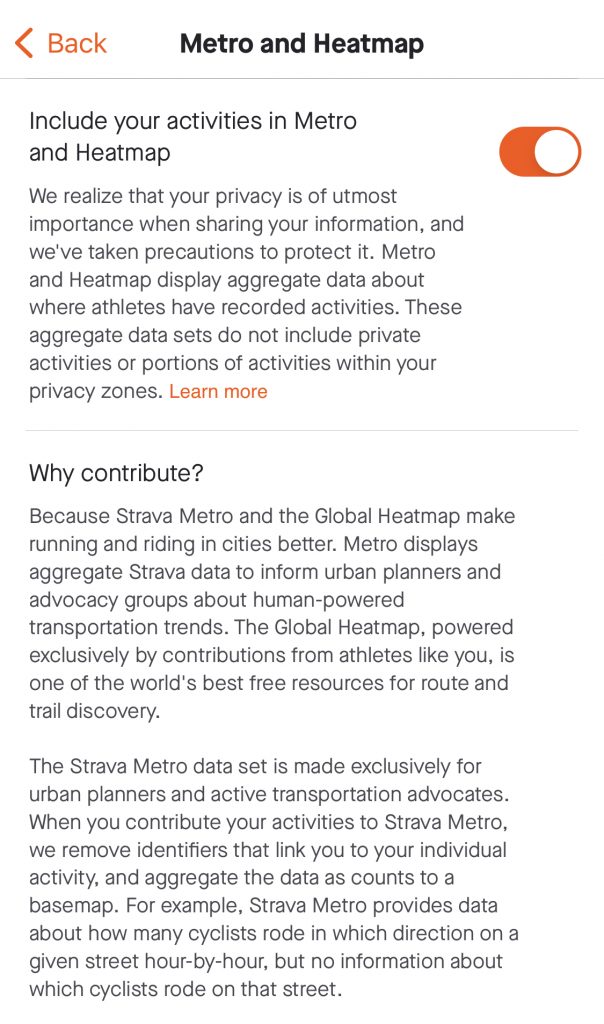
Privacy-Enhancing Technologies as the Solution to Eroding Trust: Lessons from the World Economic Forum’s Recent Publication on Consumer (Mis)Trust.
The World Economic Forum (WEF) recently released an article about “How to overcome mistrust of data”. In it, the author explains that most data subjects believe that companies benefit more from their data than they do. In this landscape of growing mistrust, it is expected that individuals will become less likely to share their data. This is why the WEF recommends businesses rethink consent management, noting that privacy-enhancing technologies can help here.
The Issue: Individuals Have Taken Note of the Imbalance of Benefits.
The WEF cites Visa’s 202/2021 Consumer Empowerment Survey which outlines that 68% of survey respondents in the US, UK, Australia, and Singapore believe companies benefit more from the collection and use of their data than they do. As a result, 76% of individuals surveyed indicated that they want control over their data preferences. Direct individual control over their data was preferred over the option of companies and governments doing a better job at managing data on their behalf.
This means businesses that don’t empower their customers through greater control over their consent and data sharing preferences are potentially risking their access to the data-sharing economy. In turn, a growing number of data subjects not willing to share their data makes it more difficult for businesses to achieve their business purposes.
The Solution: Increase Trust Through Customer Empowerment Over Data Preferences
To date, many companies have made it difficult for users to manage their data preferences. They do this by relying on dark patterns on websites which make it difficult to see and/or change data preferences. Companies might also use language that is deliberately convoluted and/or difficult to understand to describe data practices in order to discourage individual action.
However, individual power and control over data privacy and data sharing for the benefit of the business are not mutually exclusive goals. Your business can achieve both – by increasing consumer trust through transparency.
Case Study: Strava’s Heatmaps
Consider Strava’s Heatmaps for instance. The app collects user data about the routes they take and uses it to build ’heatmaps’ that show other users where the most popular routes are. It also uses this data to create suggested routes for users.
The company makes it very easy for users to adjust their preferences regarding shared data, while explaining the user-centric benefits for leaving it on underneath in clear terms.
This isn’t to say that Strava’s privacy solution isn’t flawless. The fitness app found itself in the headlines in 2017 and early 2018 when its heatmaps revealed the location and/or layout of multiple secret strategic military bases around the world. In response, the US Government released an internal memo educating its soldiers on the privacy impact of fitness wearables that collect location data.
Improving Customer Trust and Data Management with Privacy-Enhancing Technologies
The WEF noted in their article on mistrust of data that the continued erosion of trust has paved the way for privacy-enhancing technologies to create win-win outcomes for customers and companies.
OneTrust, for example, provides toolsets that promote privacy and personalization for the benefit of both businesses and their customers. To achieve these mutually beneficial outcomes, OneTrust helps customers understand the data you hold on them, as well as how it’s collected and the policies and practices that exist to protect it. (Given the staggering number of data breaches in 2021, customers are starting to pay attention to the protections provided when they submit data).
From this position of transparency, OneTrust educates customers about the benefits of allowing your organisation to collect and use their data – positioning it as a value exchange through personalised content, products, and services.
The platform also has easy-to-use tools that generate consent management dashboards, make it easy to manage customer preferences, and review your cookie and tracking technologies. These early steps towards transparency and customer empowerment will go a long way today – and into the future.
Privacy 108 and OneTrust
Privacy 108 is a OneTrust partner. Our team can help you configure your OneTrust platform and create a bespoke solution that works for your organisational needs and obligations. We can help you to align your privacy program with your business processes and operationalise a solution that accelerates your path to compliance, whilst maximising your return on investment.
We have helped our clients leverage the capabilities of OneTrust, by creating robust and flexible forms, workflows and bespoke assessments that can be implemented to adapt to changing regulations and business needs, and which can be easily scaled as your operations expand and internal privacy practices mature. By creating centralised data inventories and controls that you can view easily from a dashboard and access on-demand to investigate and record activity, you can easily create thorough audit trails and reports to demonstrate your compliance.
Whether you have already implemented OneTrust, or you wish to start soon, we can help you create enduring value and get the most from the tool by building a customised solution for your organisation and optimising your implementation in accordance with legislation applicable to your organisation.
About OneTrust
OneTrust is an AI-driven privacy technology, the first privacy tech unicorn, and one of just two vendors that operates across all the categories identified in the 2021 IAPP report (and our paragraph above on Privacy Management Software). It has more than 10,000 customers, including half of the Fortune 500.
Interested in finding out more? Contact us.

